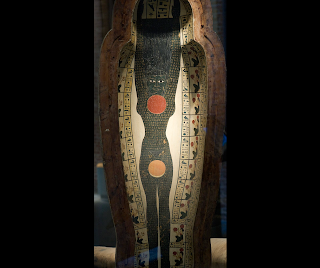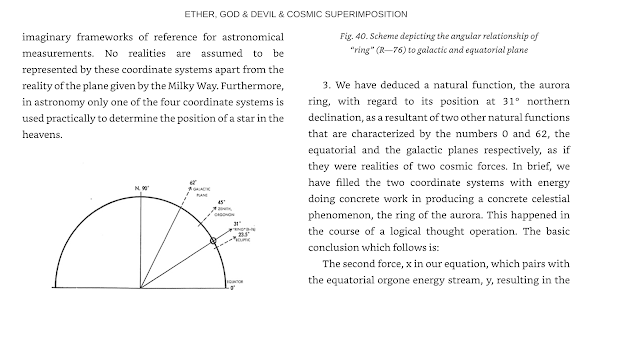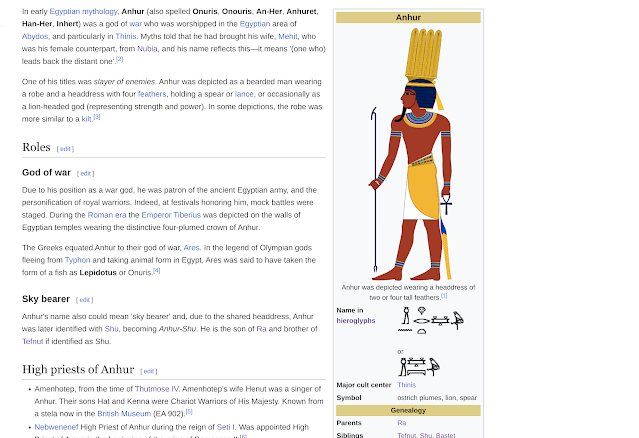Whatt ΘΣ KhΣmiσta have been saying in stone for five Τhousand years now
In Egyptian mythology, the Milky Way was considered a pool of cow's milk. The Milky Way was deified as a fertility cow-goddess by the name of Bat (later on syncretized with the sky goddess Hathor).
The astronomer Or Graur has suggested that the Egyptians may have seen the Milky Way as a celestial depiction of the sky goddess Nut.[11]
Hathor was given the epithets "mistress of the sky" and "mistress of the stars", and was said to dwell in the sky with Ra and other sun deities. Egyptians thought of the sky as a body of water through which the sun god sailed, and they connected it with the waters from which, according to their creation myths, the sun emerged at the beginning of time. This cosmic mother goddess was often represented as a cow. Hathor and Mehet-Weret were both thought of as the cow who birthed the sun god and placed him between her horns. Like Nut, Hathor was said to give birth to the sun god each dawn.[14]
Hathor's Egyptian name was ḥwt-ḥrw[15] or ḥwt-ḥr.[16] It is typically translated "house of Horus" but can also be rendered as "my house is the sky".[17] The falcon god Horus represented, among other things, the sun and sky. The "house" referred to may be the sky in which Horus lives, or the goddess's womb from which he, as a sun god, is born each day.[18]
 |












































Comments
Post a Comment
No Comment